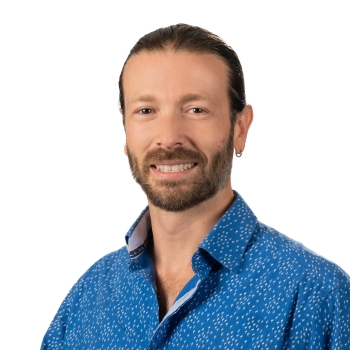
Ted Hamilton
About Ted Hamilton
Ted Hamilton studies the intersections of law, literature, and the environment. He teaches courses on twentieth- and twenty-first century environmental literature from the United States and Latin America, Indigenous literature, environmental law, and legal and literary studies. His current book project, Imagining a Crisis: Human-Environmental Relations in North and South American Law and Literature, looks at how colonial-Indigenous conflict shapes narratives of ecological crisis and human agency, with a focus on authors such as Leslie Marmon Silko, Mario Vargas Llosa, and Ursula K. Le Guin. Ted is also an attorney in the climate justice movement, and his book Beyond Fossil Law: Climate, Courts, and the Fight for a Sustainable Future (OR Books, 2022) explores how the legal system has failed to address the climate crisis and how activists might turn the law to their favor. Ted's scholarship has appeared in American Literature, Law and Literature, Stanford Environmental Law Journal, and Vermont Journal of Environmental Law, and he has published journalism and essays in The Boston Globe, Los Angeles Review of Books, Jacobin, Boston Review, and The Daily Beast as well as poetry in Chicago Review.
Educational Background
- Ph.D., Yale University
- J.D., Harvard Law School
- B.A., Cornell University
Teaching and Research Interests
- Environmental humanities and literature
- Law and literature
- Indigenous literature
- Environmental law
- Twentieth-century U.S. and Latin American fiction
- Climate activism
Recent Publications
Beyond Fossil Law: Climate, Courts, and the Fight for a Sustainable Future (OR Books, 2022).
"Speculative Constitutions in Ursula K. Le Guin's Hainish Cycle and the Rights of Nature." Law and Literature (Jan. 2023).
"The Dream of Property: Law and Environment in William T. Vollmann's The Dying Grass and Leslie Marmon Silko's Almanac of the Dead." American Literature, vol. 94, no. 4 (Dec. 2022).